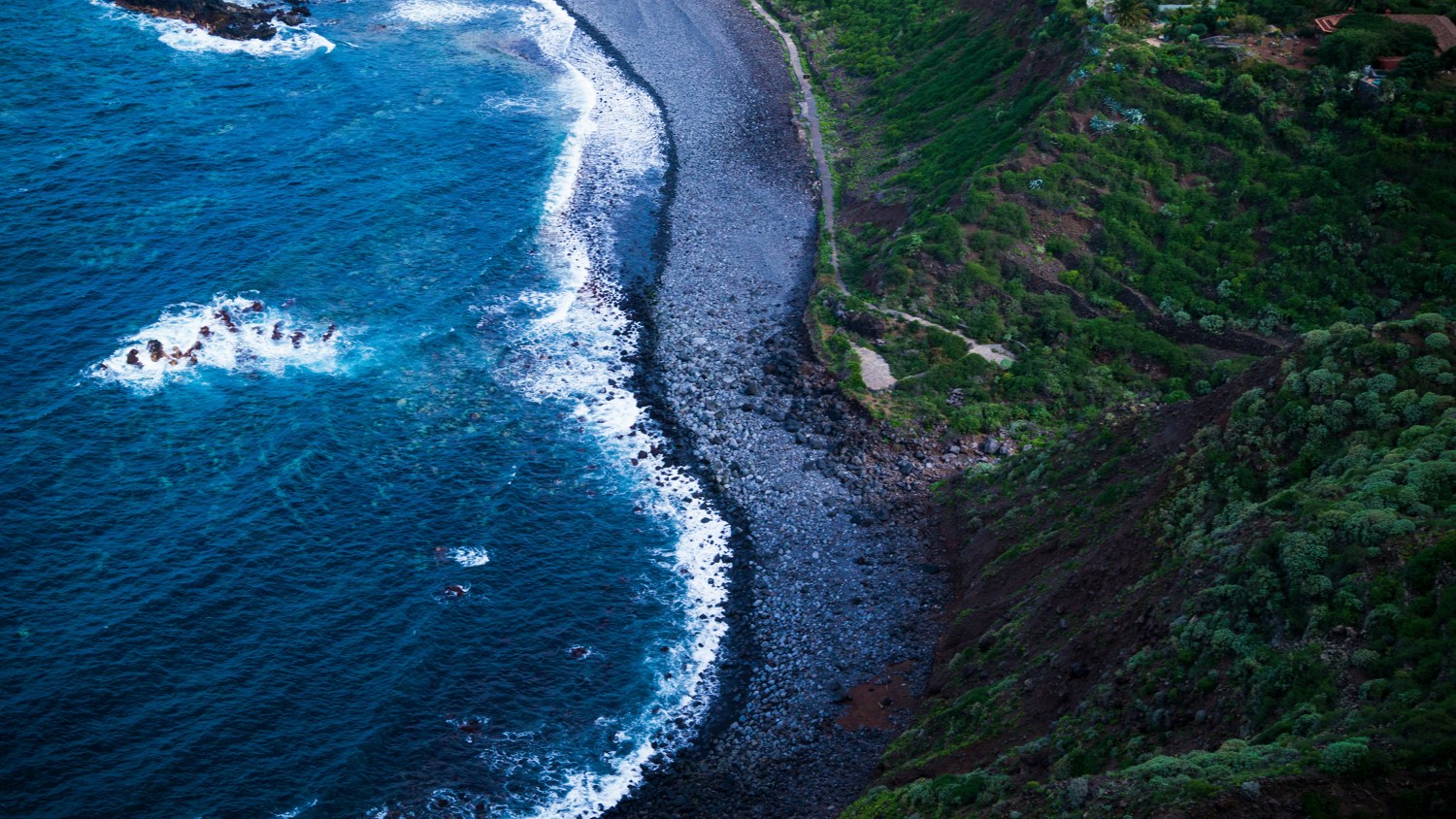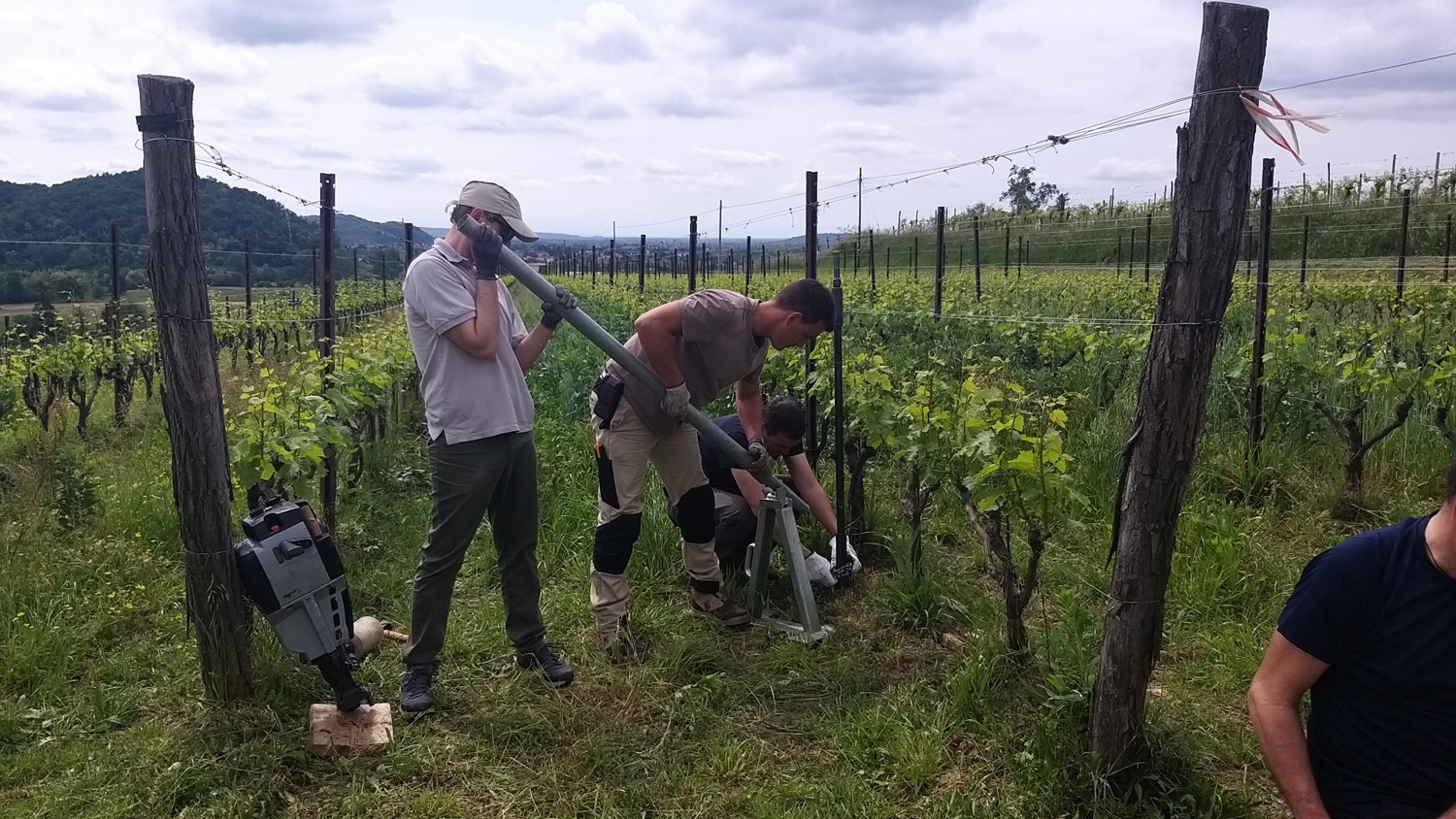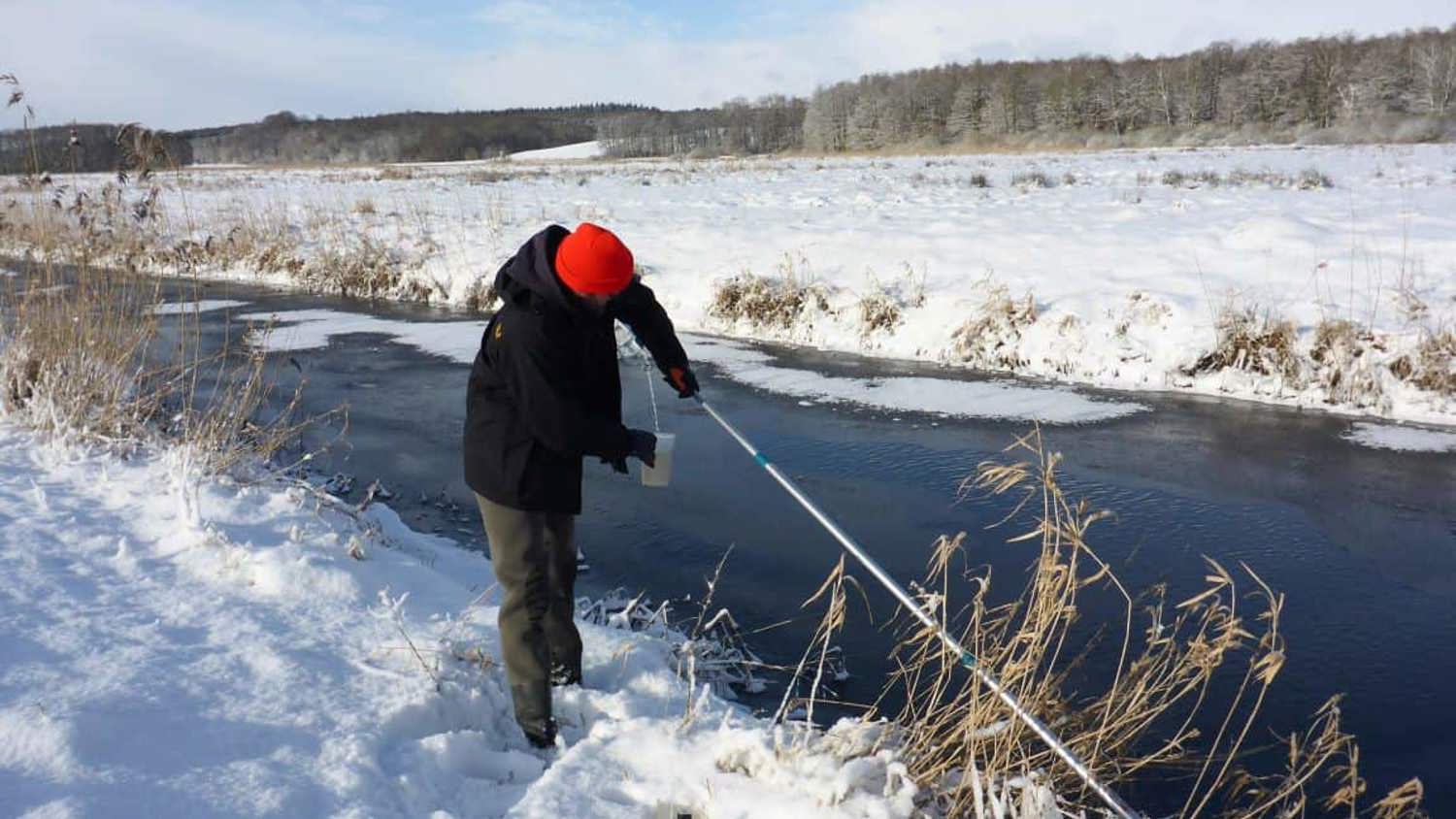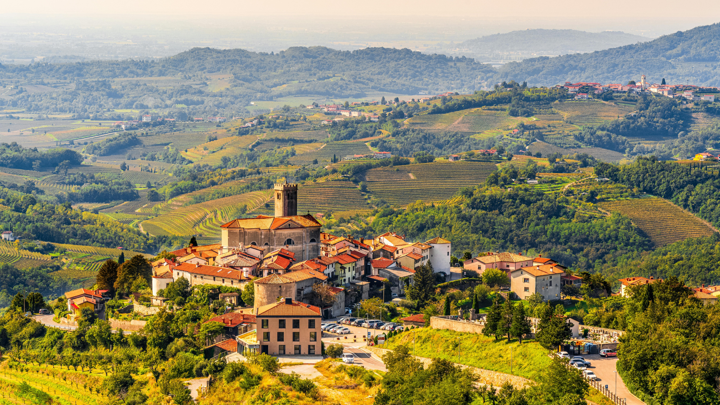
Collaborating for water: Sustainable solutions across European borders
This is where cooperation becomes essential. Winemakers on both sides of the border are working together to share knowledge and technologies that help use water more efficiently in their vineyards.
As Paolo Sivilotti, project coordinator of the Interreg Italy-Slovenia IRRIGAVIT project, explains: ‘Climate change and global warming, which may lead to the need for more frequent irrigation interventions, make it even more urgent to better understand the effects of water on wine production and its rational distribution during the growing season.’
Interreg projects are helping farmers use water wisely
Collaborative projects like ACQUAVITIS and its follow-up, IRRIGAVIT play a key role here. ACQUAVITIS started by developing irrigation and soil management protocols, which are now being expanded and refined in the IRRIGAVIT project. The goal is to improve water and soil management to help vineyards survive water stress and create a sustainable agricultural model that can be used in other parts of Europe.
These projects also show how cross-border cooperation can provide joint solutions to global challenges. Project partners agree that cooperation between similar regions is crucial for tackling climate change. By sharing experiences and solutions, they are adapting more quickly and ensuring the sustainability of agricultural practices.
But this story is not just about wine, nor just about a border.
In Europe, water both unites and divides. It shapes landscapes, economies and ways of life. And it doesn’t respect borders. What happens in the upper course of a river affects towns further downstream, even if they are in different countries. Rising sea levels also affect communities hundreds of kilometres apart.
Countries working together to solve water Problems
That’s why 86 Interreg programmes across Europe and beyond are addressing environmental challenges like these. All of them include actions to make Europe greener.
In the Baltic Sea, countries from Finland to Poland are working together to reduce water pollution. It doesn’t help if one country bans harmful substances while they are still being used on the opposite shore. Projects like NonHazCity 3 (Interreg Baltic Sea Region) are helping municipalities and businesses adopt toxin-free building materials, reducing pollution. APRIORA (Interreg Baltic Sea Region) helps environmental agencies monitor pharmaceutical contaminants in water, ensuring cleaner waters for all countries in the region.
Nature-based solutions for water challenges
In the Mediterranean, drought is a constant challenge, but cooperation is also thriving. In the Wetland4Change project (Interreg Euro-MED), communities are restoring wetlands as they are nature-based solutions to mitigate climate change. Wetlands naturally absorb and filter water, offering a sustainable solution for water management. Similarly, URWAN (Interreg Euro-MED) focuses on cities, where nature-based solutions are being used to manage water more effectively, ensuring resources are not wasted, even during dry spells.
At the Hungary-Slovakia border, towns that share the same river have found ways to protect themselves from floods without dividing their communities with walls. The GoBodrog project (Interreg Hungary-Slovakia) is tackling pollution in the Bodrog River by involving local communities in water management efforts. Instead of dividing people, the project encourages shared responsibility, helping both sides of the river protect their resources together.
The common thread is clear: cooperation is not just an option, it’s the only solution. Water doesn’t respect borders, and neither should the solutions to its challenges.
From the vineyards of Italy and Slovenia to the Baltic and Mediterranean seas, and the Bodrog River in Hungary-Slovakia, Interreg is there to make cooperation flow.



